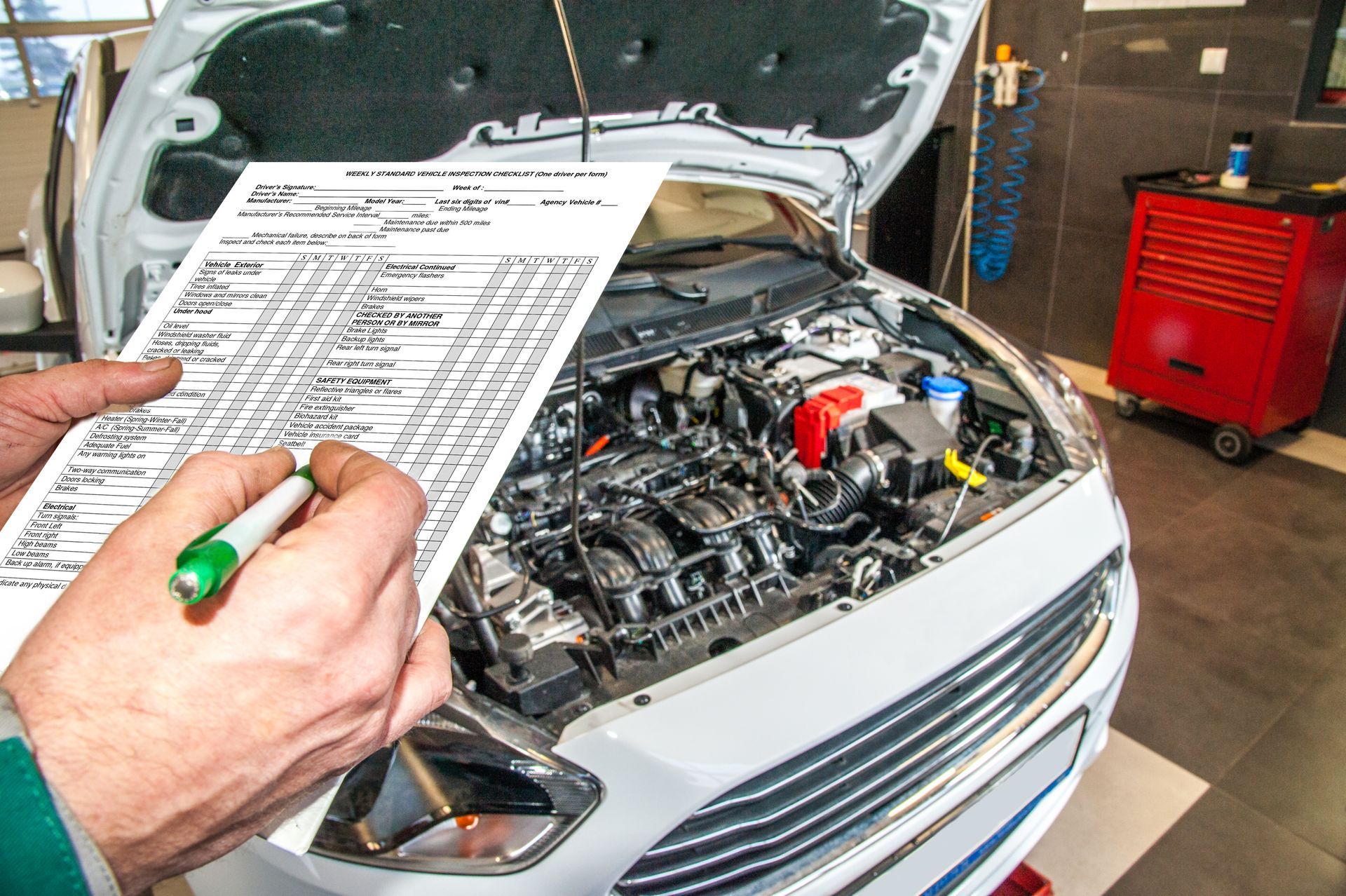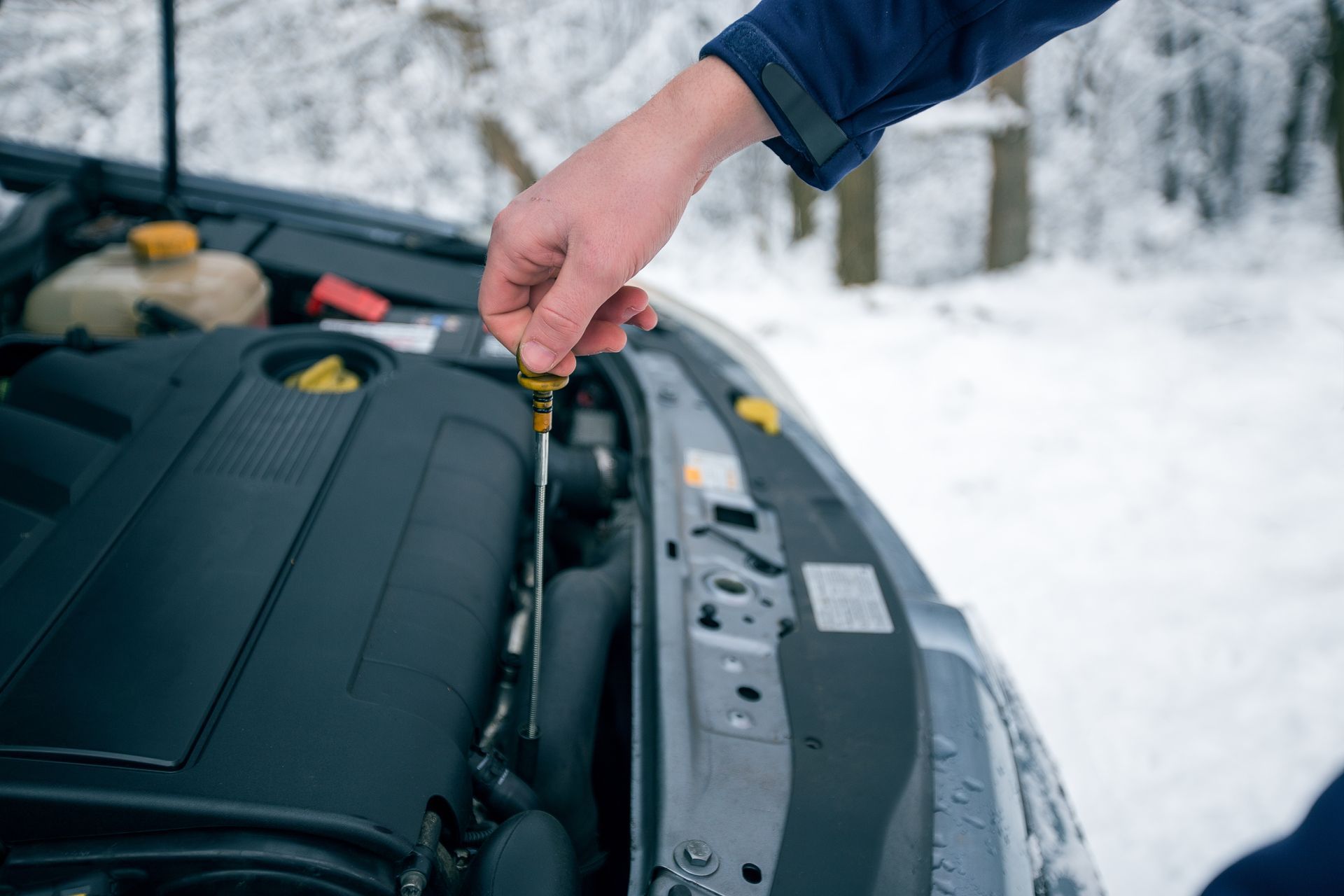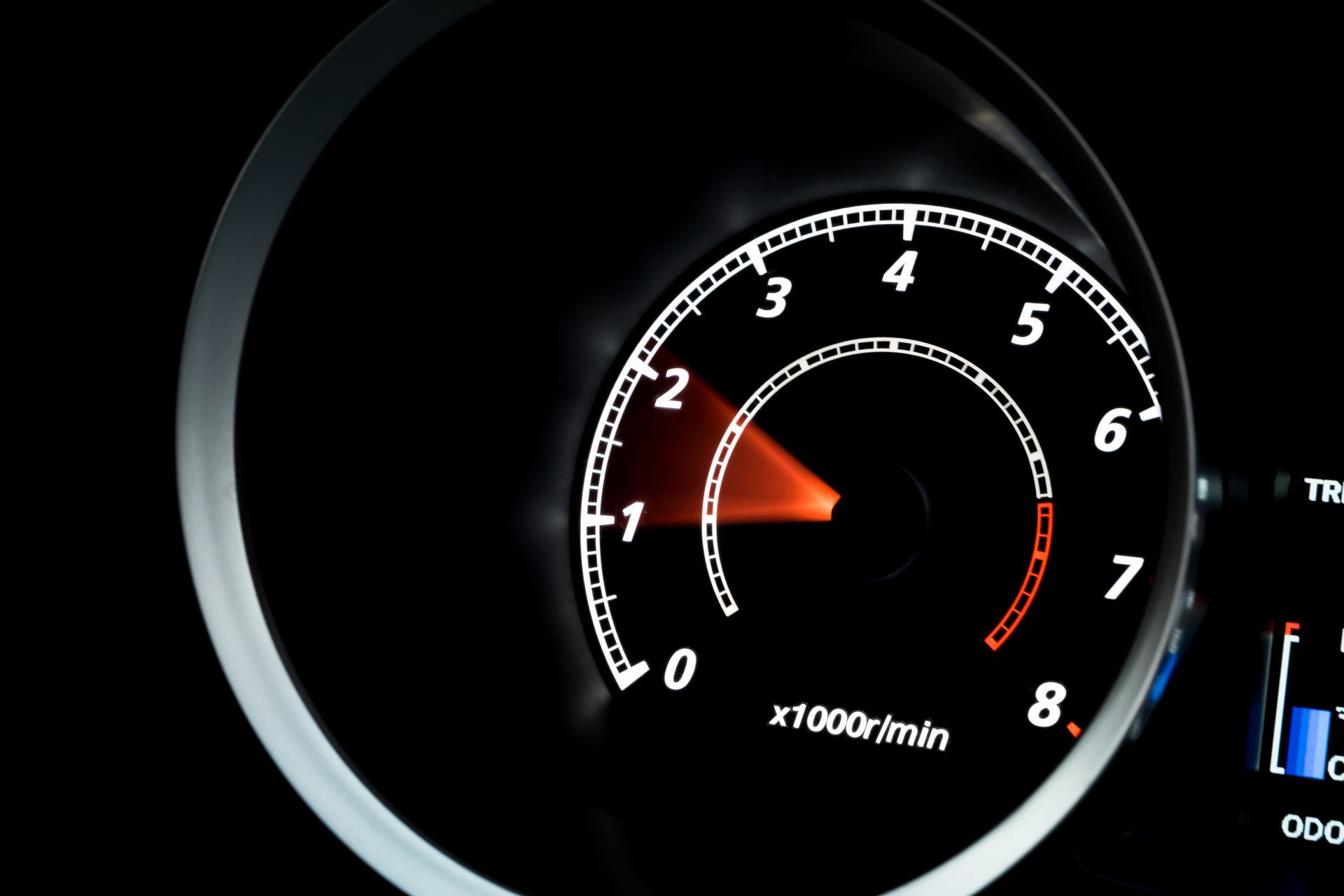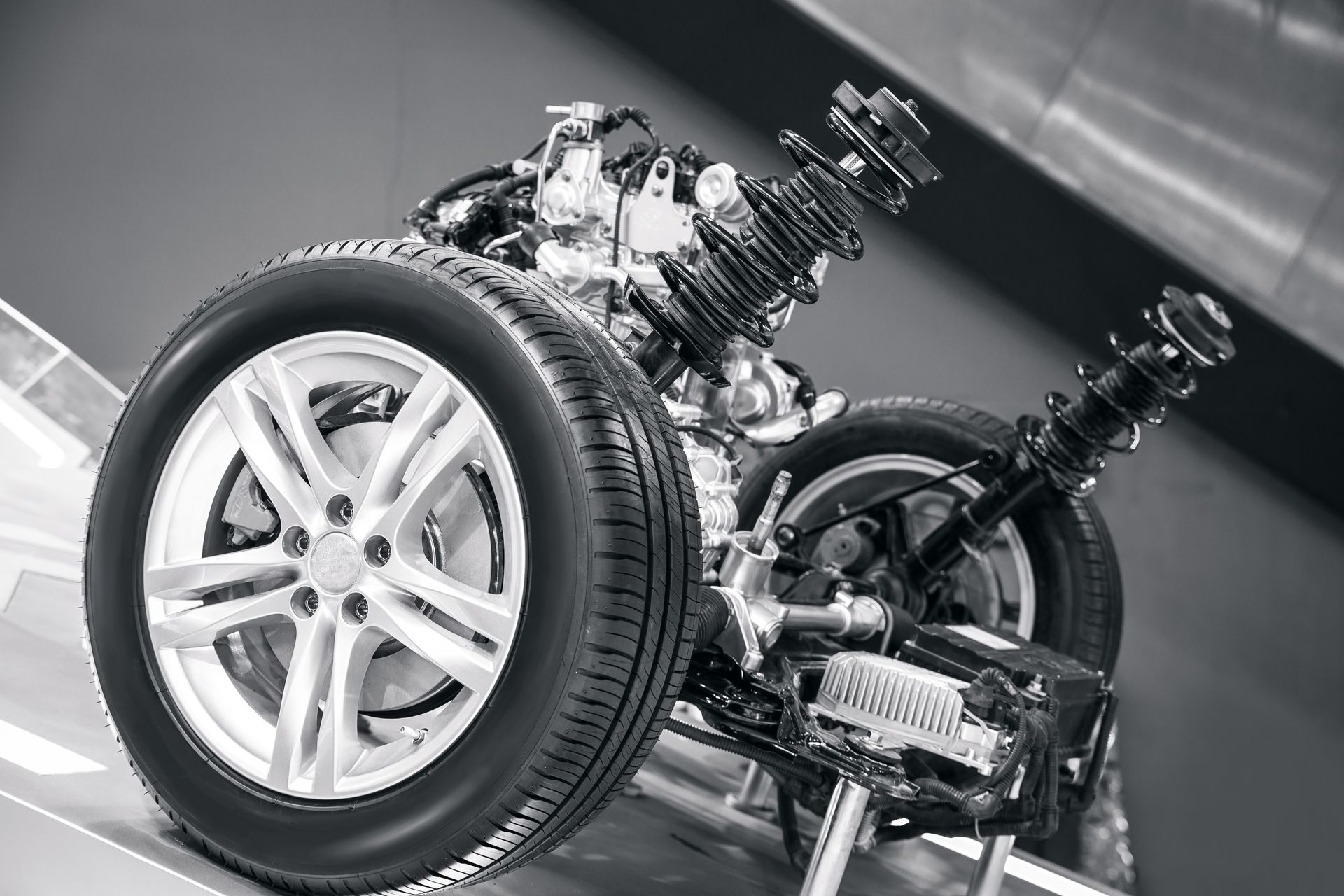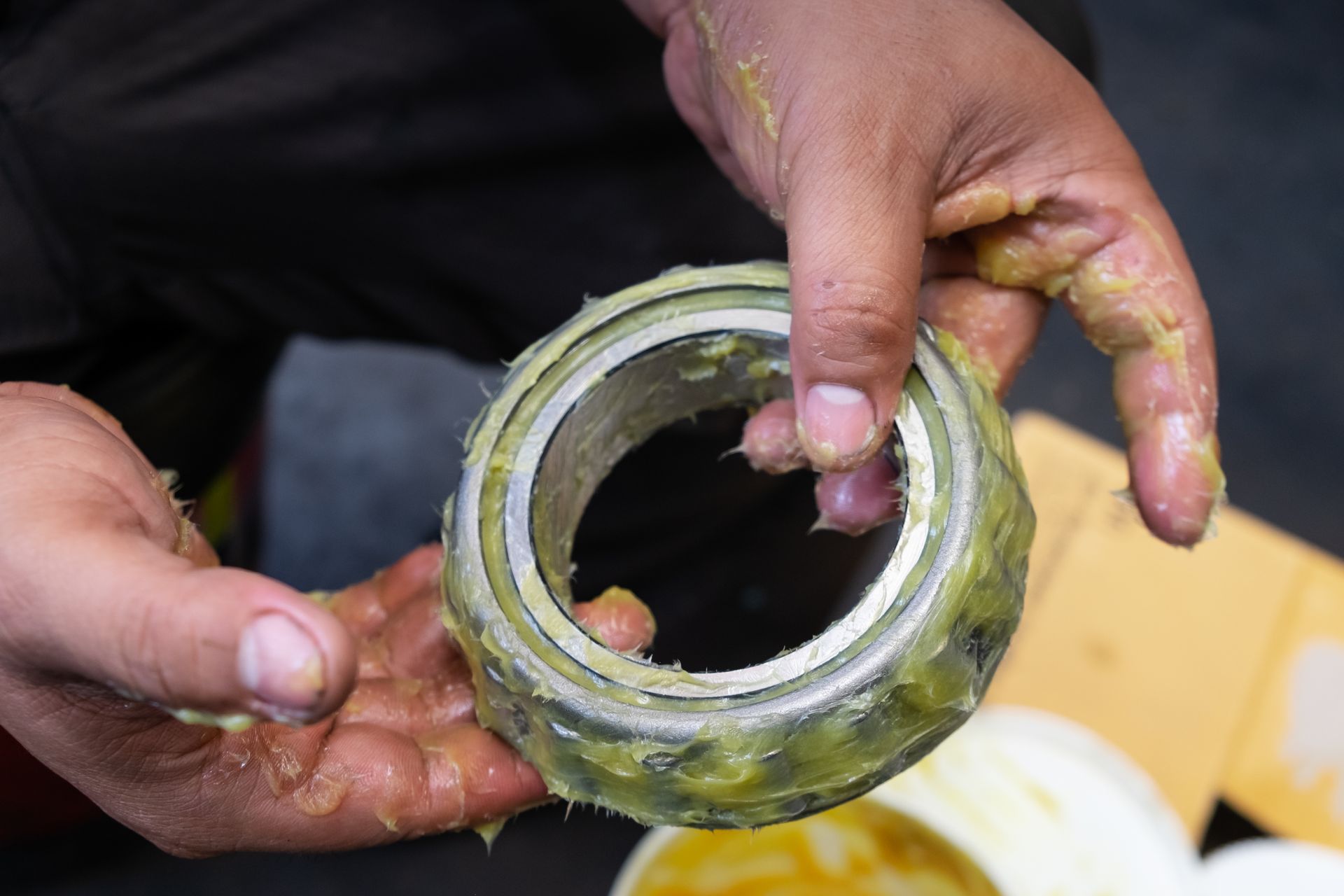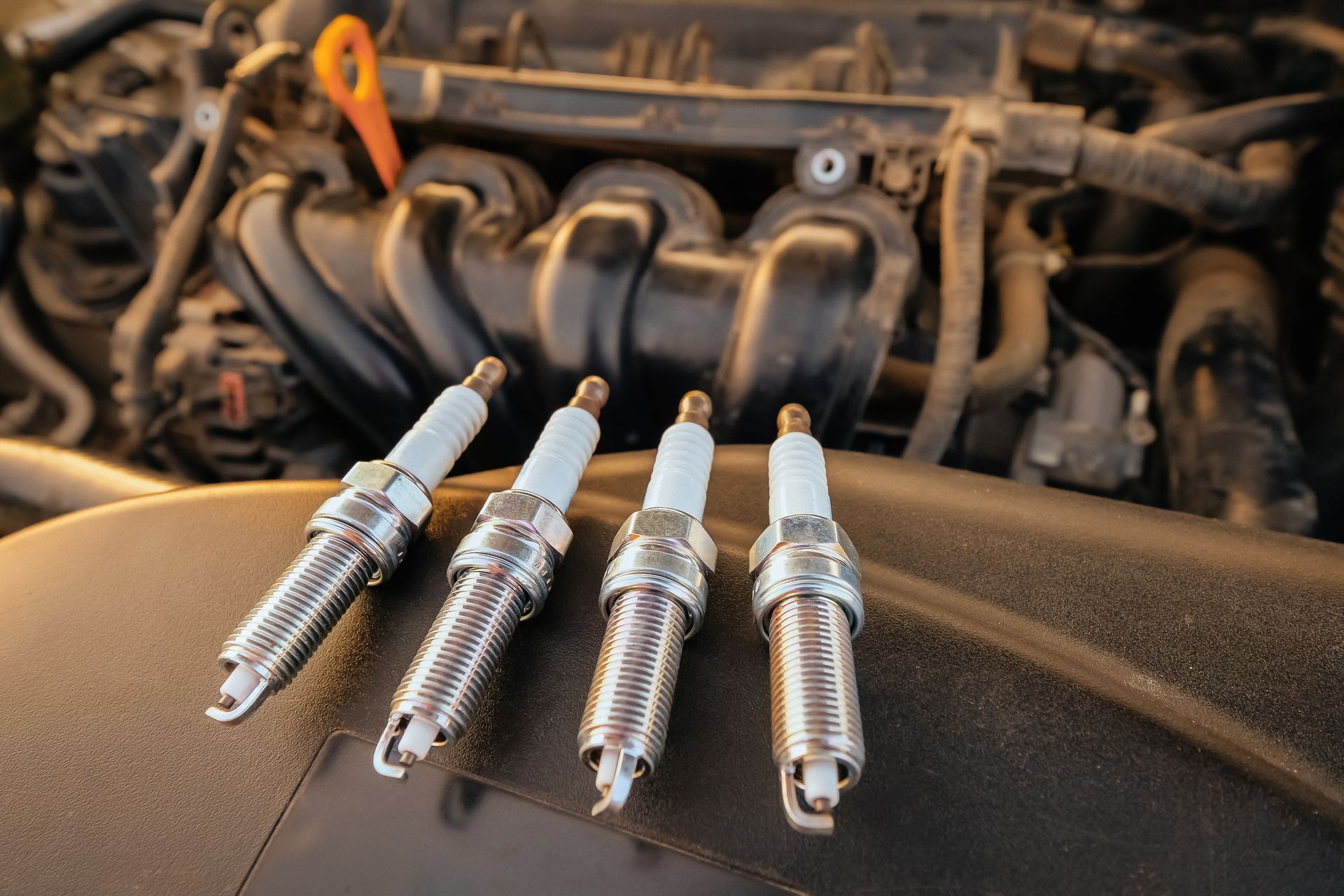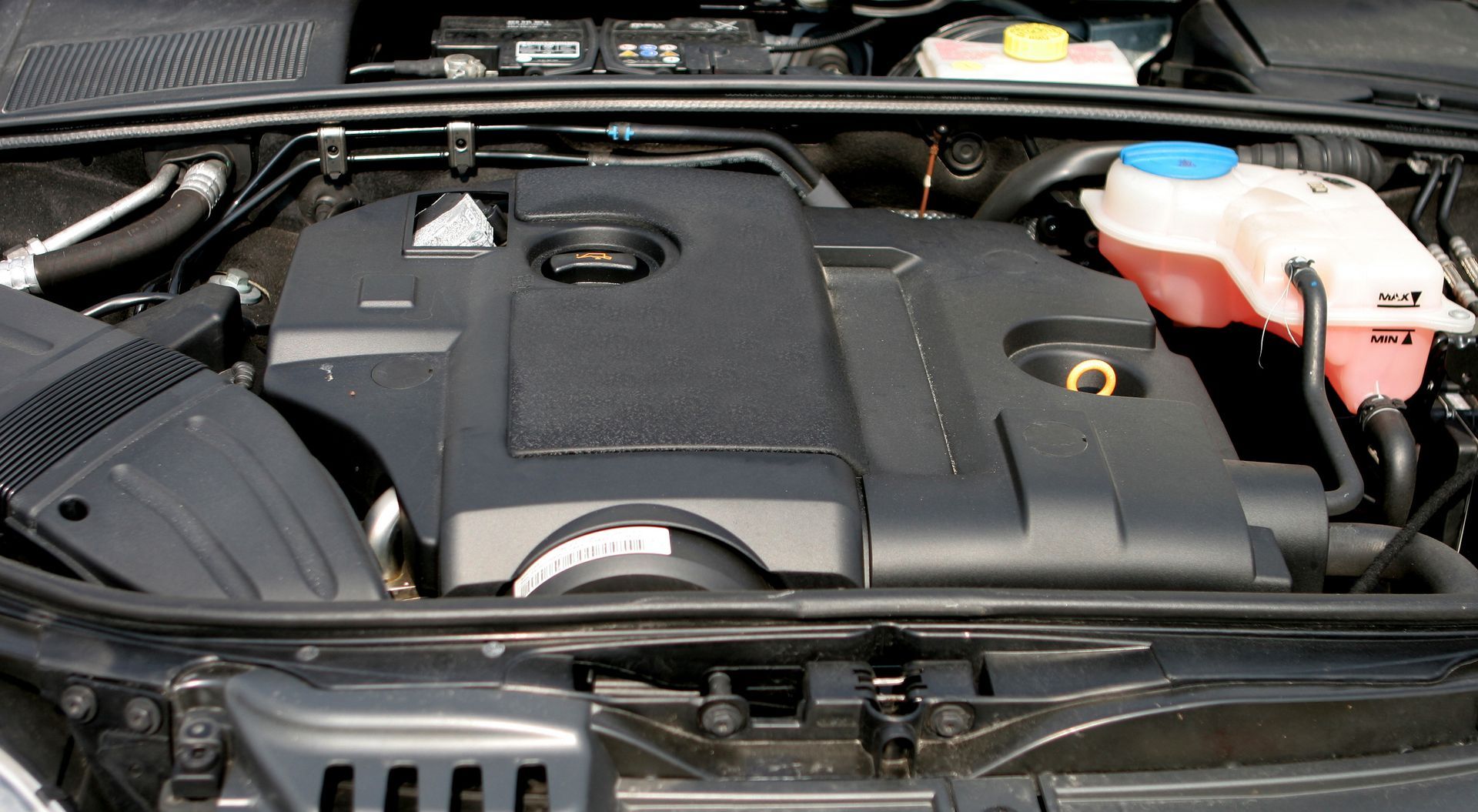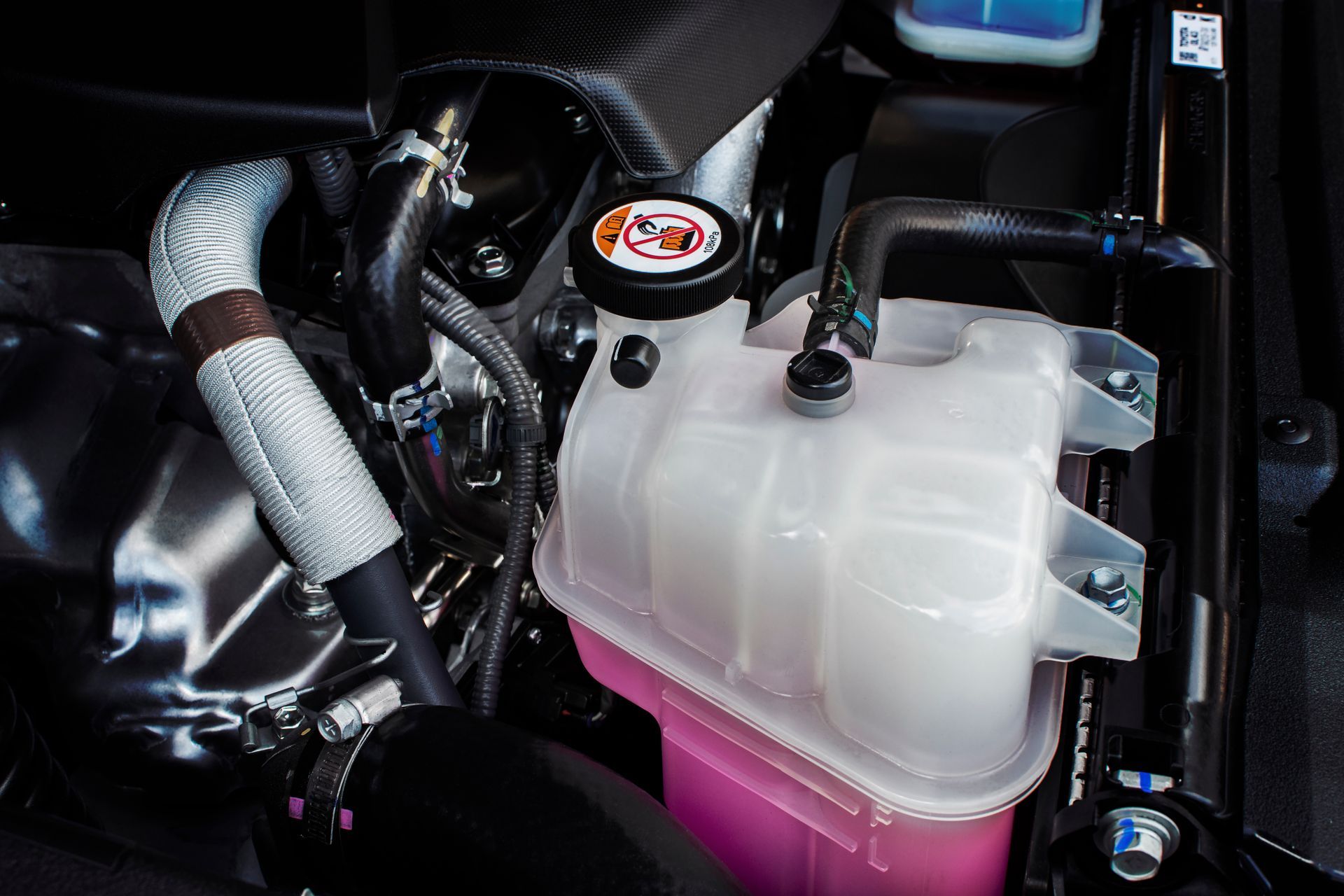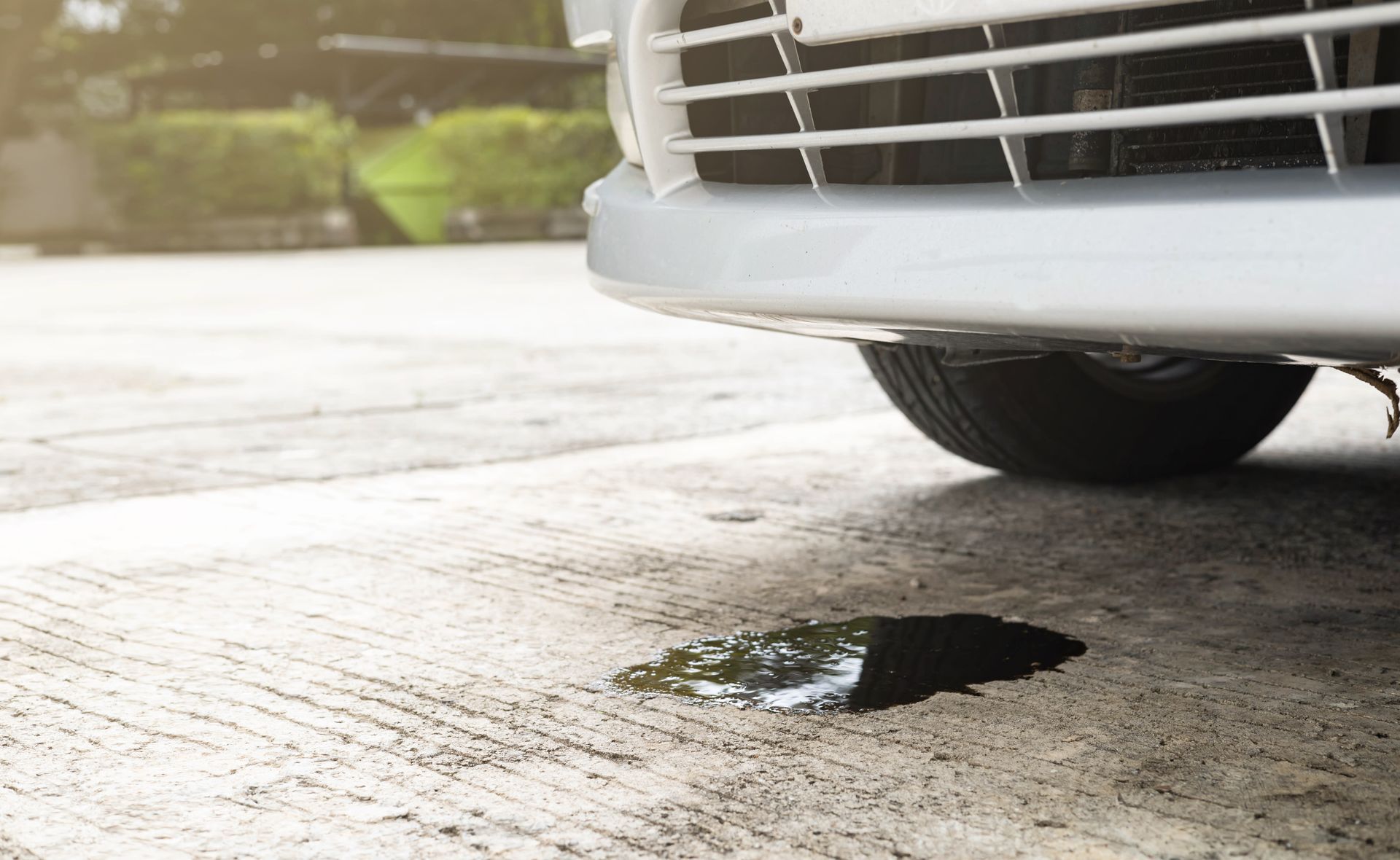A discordant clang pierces the serenity, emanating from the depths of your trusty steed. Panic sets in – what does that mean? Is your car about to break down and leave you stranded? While unusual engine noises can be unsettling, they often act as valuable clues, whispering tales of the car's inner workings.
By learning to decipher these mechanical melodies, you can transform from a bewildered listener to an informed motorist, empowered to take control of your car's health.
Knocking Noise
A persistent knocking sound, especially when accelerating, can signal several potential issues. The most common culprit is low oil pressure, which starves the engine of its lifeblood, leading to metal components knocking against each other. Worn spark plugs or even engine damage can also cause knocking. If you hear this rhythmic rap, don't delay – pull over immediately, check your oil level, and seek professional help.
Clicking Like a Clock
A rapid clicking sound, often originating from the top of the engine, could indicate problems with the valve train. Worn lifters, responsible for opening and closing valves, or loose rocker arms can create this clicking rhythm. While not always an immediate emergency, addressing this ticking time bomb ensures smooth engine operation and prevents further damage.
Grinding Gears
A metal-on-metal grinding noise, particularly when shifting gears or accelerating, suggests internal friction – not the good kind! Worn bearings, essential for smooth rotation of engine components, are prime suspects. A failing transmission or other internal issues can also be the source of this ominous grind. Ignoring this harsh screech can lead to catastrophic failure, so prompt professional attention is crucial.
Loud Squealing
A high-pitched squeal, especially upon startup or when using accessories like the air conditioner, often points to a worn or loose belt. The serpentine belt, responsible for driving various engine components, is a common culprit. While a simple belt replacement might solve the squeal, it's crucial to address the underlying cause, such as worn pulleys or tensioner issues.
Hissing Similar to a Tea Kettle
A hissing sound, often accompanied by a burning smell, could indicate a fluid leak. Coolant leaks from hoses or the radiator create a steamy hiss, while vacuum leaks from intake hoses produce a high-pitched hiss. Both scenarios require immediate attention as they can lead to overheating or engine damage. Don't ignore this hissy fit – get your car checked promptly.
Additional Tips for a Healthy Engine:
Remember, prevention is key! Following your car's recommended service intervals, regular maintenance helps prevent unusual engine noises. Using the correct oil type and weight and keeping an eye on fluid levels are simple yet effective measures.
Finally, trust your ears! If you hear something off, don't hesitate to seek professional help. Early detection and intervention can save you time and money and potentially prevent major breakdowns.
So, the next time your car serenades you with an unfamiliar tune, don't panic! Just follow our guidance and give us a call so we can schedule you for a visit. Our team will fix any underlying issues causing that annoying sound.
